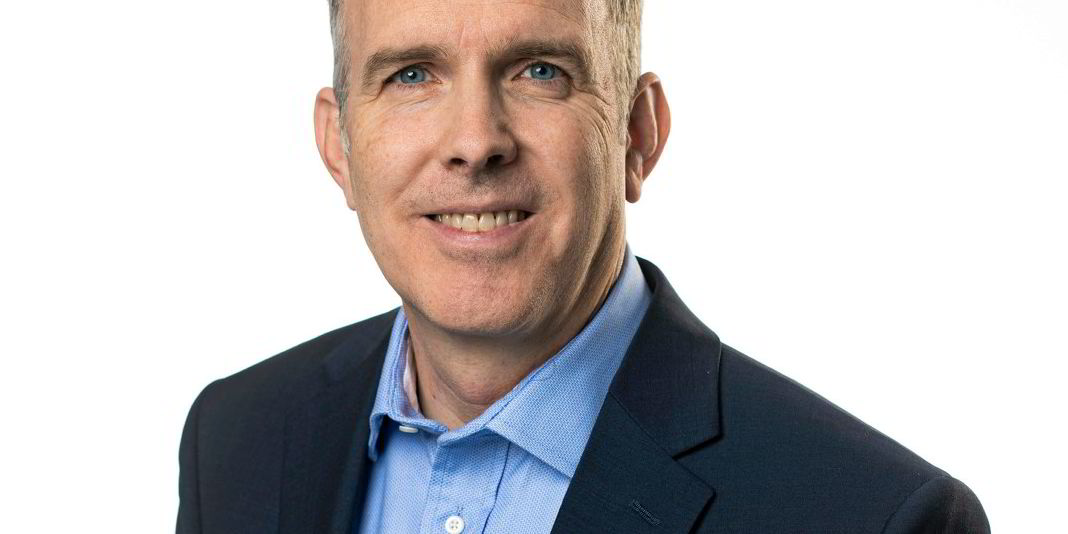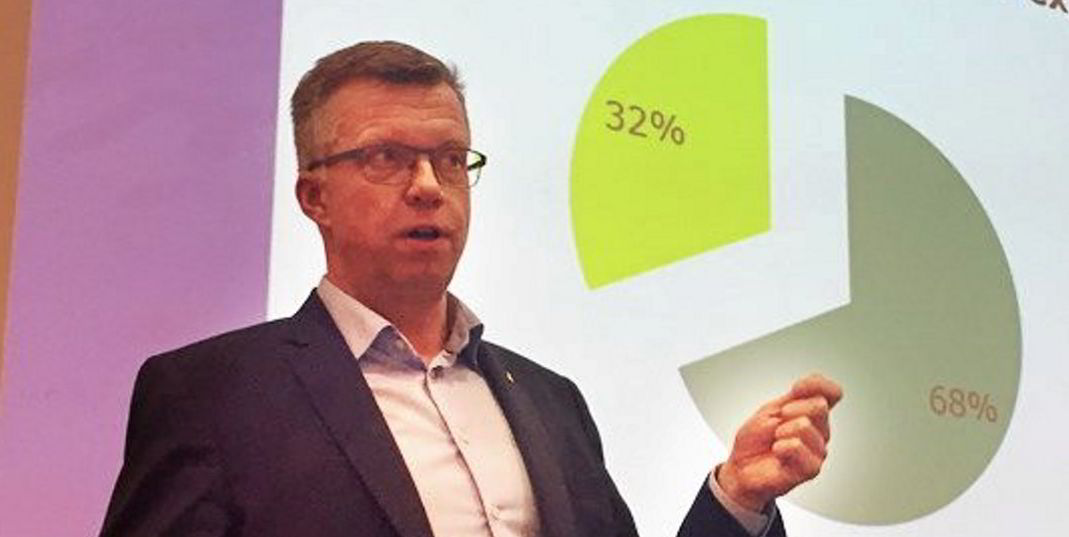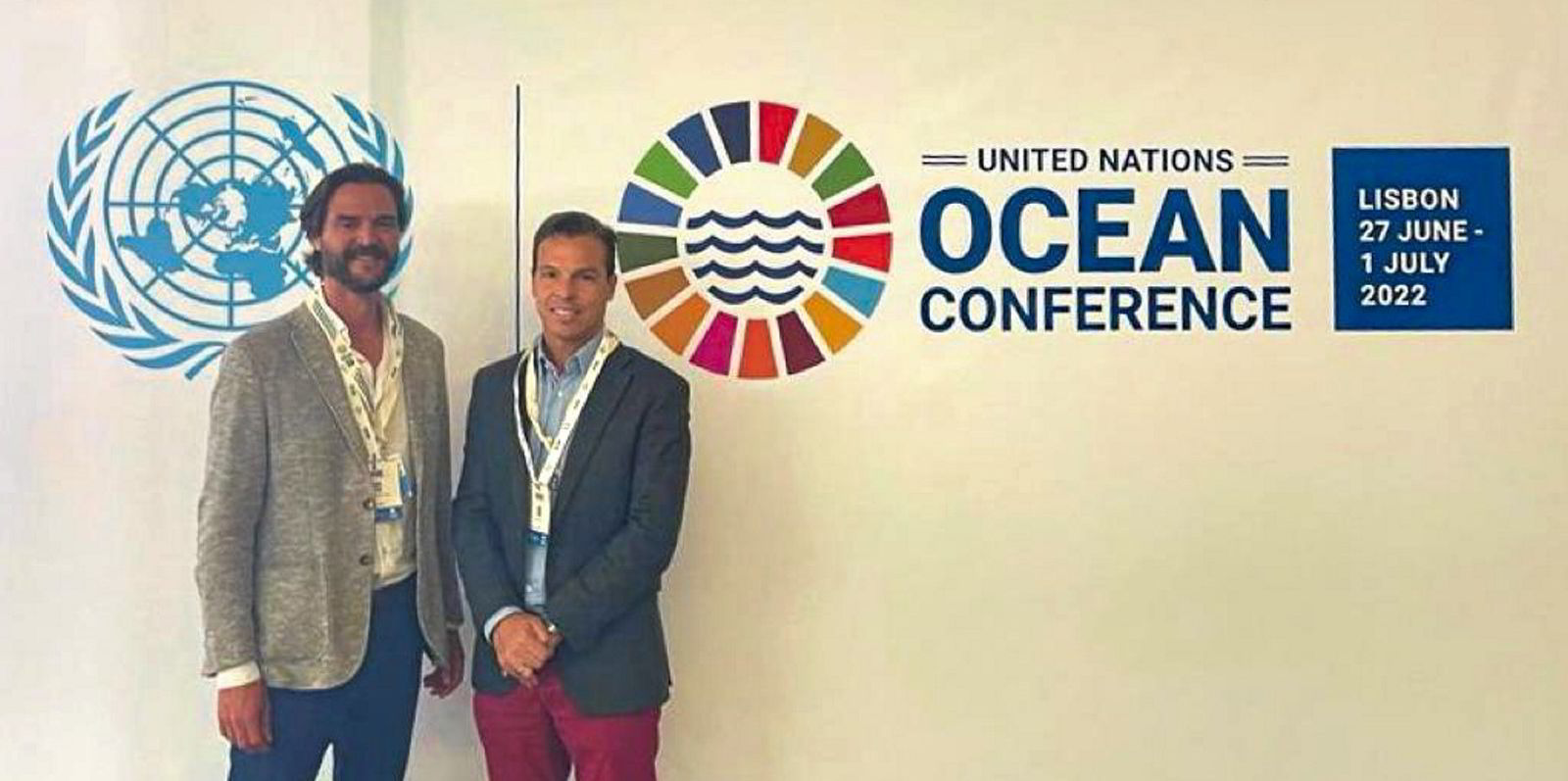UniBio, a Denmark-based group producing single-celled proteins from natural gas for use in aquaculture feed, is hoping to raise $50 million (€48 million) to move closer to its vision of establishing 10 new sites around the world.
Earlier this year, UniBio and Doha, Qatar-based industrial biotech Gulf Biotech signed a license agreement for the region’s first natural gas conversion plant.
UniBio will use its continuous fermentation process to convert the natural gas into usable protein.
The Qatar plant will initially have one module, consisting of four fermenters with a total annual capacity of 6,000 metric tons.
Single-cell protein (SCP) is a generic term for crude or refined protein with an origin of bacteria, yeasts, molds or algae. The production of SCP has important advantages over other sources of protein, including smaller land requirements and the fact that it is not affected by weather conditions.
Qatar is a strategic location because the country is placing an emphasis on food security, Unibio CEO David Henstrom told IntraFish.
Relative to soy production, UniBio's protein uses 1/300th of the water and 1/25,000th of the land, Henstrom said.
The number of sites the company will establish depends on several factors, including size, potential to scale and funding.
New funds
The company is actively raising funds, and says the $50 million (€48 million) will be enough to accelerate the next phase of its growth plans, including establishing joint ventures and licensing partnerships.
Long term, the company needs over $100 million (€97 million) to achieve its vision of having several production plants globally, Henstrom estimates.
The company’s current investor pool includes family funds and high-net-worth individuals. For its next round, however, UniBio is looking to broadening the investor pool.
Trout trials
UniBio says early results are showing promise for its protein. A recently completed trial on trout feed showed the group's protein can be added to a feed mixture at an inclusion level of 15 percent.
The company is also looking at trials with other species. It recently sold its first commercial product, which working well so far, the company said.
Henstrom, who was named CEO last year, has clear plans for commercializing the company’s development and accelerating its growth during the next few years.
He's also not short on ambition. "I want UniBio to be the first global industrialized single-cell fishmeal replacement company,” Henstrom said.


